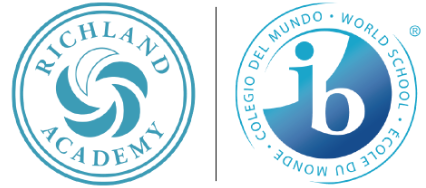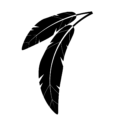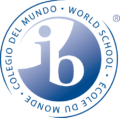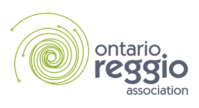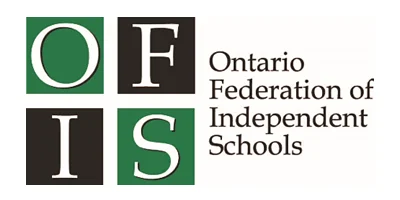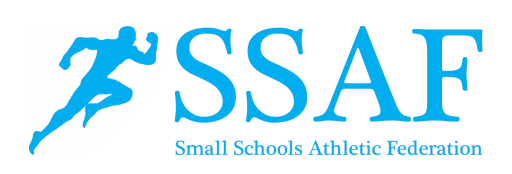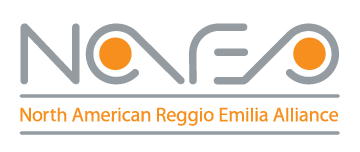 The children have started to collaborate in poetry and art by looking how they are both forms ofexpressive language. The students were asked to critically consider elements of a piece of artwork. They were encouraged to use “adjective filled” descriptions of what they saw, thought, and wondered. After working together to describe the painting, a shared poem was created to reflect the images in the painting. The children are learning how to add imagery that appeals to their 5 senses when writing poems, which will come in handy throughout our poetry unit. Mrs. Sherman and the children also examined how line form and colour can create feeling and emotion in painting, linking to our discoveries in literacy. Over the next month, they will be learning about a variety of literary devices, while implementing them in a plethora of poems. Alongside Mrs. Sherman, they will create reflective images to provide a visual representation of their poems. These cross-curricular connections exhibit what the Reggio philosophy refers to as 100 languages, noting that children use many forms to represent their knowledge and understanding of the world around them.
The children have started to collaborate in poetry and art by looking how they are both forms ofexpressive language. The students were asked to critically consider elements of a piece of artwork. They were encouraged to use “adjective filled” descriptions of what they saw, thought, and wondered. After working together to describe the painting, a shared poem was created to reflect the images in the painting. The children are learning how to add imagery that appeals to their 5 senses when writing poems, which will come in handy throughout our poetry unit. Mrs. Sherman and the children also examined how line form and colour can create feeling and emotion in painting, linking to our discoveries in literacy. Over the next month, they will be learning about a variety of literary devices, while implementing them in a plethora of poems. Alongside Mrs. Sherman, they will create reflective images to provide a visual representation of their poems. These cross-curricular connections exhibit what the Reggio philosophy refers to as 100 languages, noting that children use many forms to represent their knowledge and understanding of the world around them. To further examine imagery, the students read “FOX” by Margaret Wild. This beautifully illustrated book exudes imagery while sharing a phenomenal message. The book tells the tale of two unlikely friends, a one-eyed dog and a bird with a broken wing. Dog and bird become friends, and dog serves as the bird’s wings while running, and bird serves as the dog’s eye. That is, until one day, when fox comes along to plot his own plan. While reading, we made a list of imagery, noting the importance of saying “charred forest” or “wind streamed through her feathers” instead of just listing the nouns and using everyday verbs. The students interpreted the message, making inferences such as “The bird isn’t burning into nothingness, her spirit is.” It was a fantastic lesson all around, and I am certain we will start to implement and apply our new understanding of imagery in our own poetry writing.
To further examine imagery, the students read “FOX” by Margaret Wild. This beautifully illustrated book exudes imagery while sharing a phenomenal message. The book tells the tale of two unlikely friends, a one-eyed dog and a bird with a broken wing. Dog and bird become friends, and dog serves as the bird’s wings while running, and bird serves as the dog’s eye. That is, until one day, when fox comes along to plot his own plan. While reading, we made a list of imagery, noting the importance of saying “charred forest” or “wind streamed through her feathers” instead of just listing the nouns and using everyday verbs. The students interpreted the message, making inferences such as “The bird isn’t burning into nothingness, her spirit is.” It was a fantastic lesson all around, and I am certain we will start to implement and apply our new understanding of imagery in our own poetry writing.

